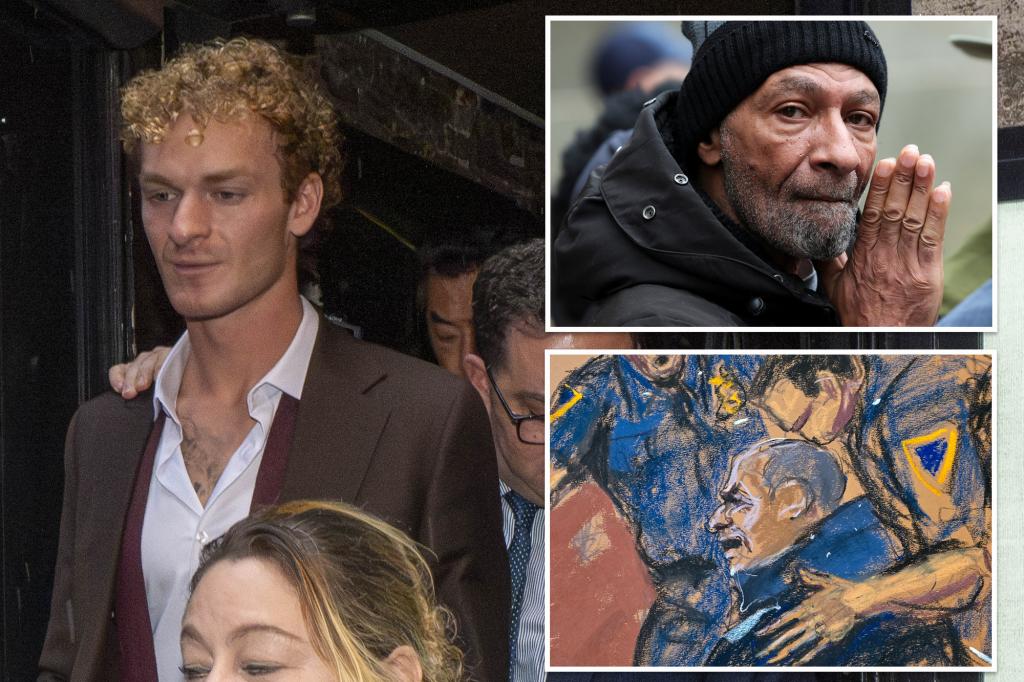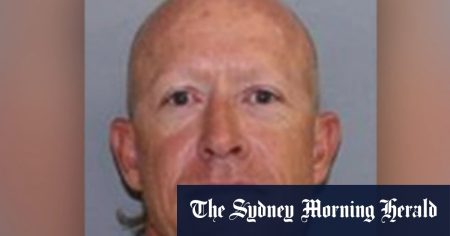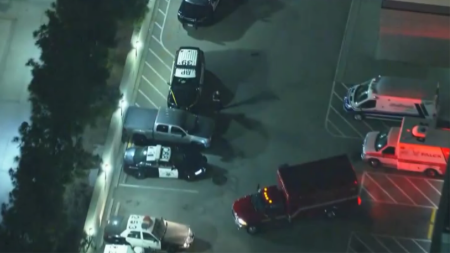The acquittal of Daniel Penny on charges of negligent homicide in the death of Jordan Neely on a New York City subway has shifted the legal battleground from criminal court to civil court. While the jury’s decision removes the immediate threat of criminal penalties, Penny now faces a wrongful death lawsuit filed by Neely’s father, Andre Zachary. This civil suit presents a new set of legal challenges for Penny, with different standards of proof and the potential for substantial financial repercussions.
The central issue in the civil case revolves around the degree of force Penny used while restraining Neely. In the criminal trial, Penny chose not to testify, leaving his rationale for the prolonged chokehold largely unexamined. This silence presents both a personal and legal challenge for Penny in the civil suit. He will need to articulate his perspective and justify his actions to a new jury, especially given the eyewitness accounts suggesting he maintained the hold even after Neely lost consciousness and pleas to release him were voiced. The civil trial will likely require Penny to provide a deposition and potentially testify, offering him the opportunity, but also the risk, of explaining his actions under oath.
The shift from criminal to civil proceedings also alters the burden of proof. While the criminal case required proof beyond a reasonable doubt, the civil case operates on a “preponderance of evidence” standard, meaning the jury must simply find it more likely than not that Penny’s actions negligently caused Neely’s death. This lower standard significantly favors the plaintiff, making it easier for Zachary’s legal team to establish liability. The jury in the civil trial will consist of six Manhattan residents, with five required to agree on a verdict. Zachary’s lawyer expressed confidence that a Manhattan jury will find Penny’s actions negligent, especially given the duration of the chokehold and the warnings he received from bystanders.
The relationship between Jordan Neely and his father, Andre Zachary, adds another layer of complexity to the case. Reports indicate a strained relationship, marked by periods of estrangement and disagreements over Neely’s earnings as a Michael Jackson impersonator. Although Zachary’s absence from Neely’s life in his later years might be used by the defense to question the depth of their relationship and the legitimacy of the emotional distress claim, it will not negate the legal basis for the wrongful death lawsuit. The suit focuses on the alleged negligent actions of Penny, not the intricacies of the father-son relationship.
The outcome of the criminal trial, while not directly binding on the civil case, can still influence perceptions. Legal experts suggest that the acquittal removes a significant hurdle for Penny, as a criminal conviction would have been highly prejudicial in a civil trial. However, the acquittal doesn’t guarantee a victory for Penny in the civil suit. The different standards of proof, the new jury, and the requirement for Penny to provide his account of the events create a different legal landscape. The case of O.J. Simpson, acquitted of murder but later found liable for wrongful death in a civil trial, serves as a prominent example of this distinction.
The civil lawsuit filed by Andre Zachary seeks unspecified damages for the wrongful death of his son. While the amount will be determined by the jury if the case proceeds to trial, similar cases suggest the potential for substantial financial penalties. Penny’s legal team has vowed to defend the civil suit with the same vigor they displayed in the criminal trial, emphasizing their unwavering belief in Penny’s innocence. They maintain that Penny’s actions were justified and that he will not compromise in the civil proceedings. This resolute stance sets the stage for a potentially protracted and contentious legal battle, with both sides firmly committed to their respective positions.
The civil trial promises to be a high-stakes affair, with significant implications for both Daniel Penny and Andre Zachary. Beyond the financial ramifications, the trial will offer another public examination of the events leading to Jordan Neely’s death, revisiting the issues of mental health, homelessness, and the use of force in public spaces. The jury’s decision will not only determine Penny’s financial liability but also shape the broader narrative surrounding this polarizing case, continuing the public debate about responsibility, justice, and the complexities of urban life.










